10 Things Homeowners Should Know About Asphalt
Asphalt is one of the most common and cost-effective materials used for paving driveways, roads, and parking lots. Its durability, smooth finish, and affordability make it a popular choice among homeowners and contractors alike. However, maintaining and understanding asphalt requires more than just surface-level knowledge. From installation and maintenance to longevity and repair, knowing what affects asphalt’s performance can help you protect your investment for years to come. In this article, we’ll discuss the essential things homeowners should know about asphalt to make informed decisions about their driveways and paving projects.
1. Understanding What Asphalt Is Made Of
Before deciding to install or repair a driveway, it’s important to understand what asphalt actually is. Asphalt is a mixture of aggregates—such as sand, gravel, and crushed stone—bound together by bitumen, a petroleum-based material that gives the surface its flexibility and waterproofing qualities. This composition makes asphalt both durable and adaptable to varying weather conditions. Because of its composition, asphalt can expand and contract with temperature changes, making it suitable for different climates. Understanding the material’s makeup helps homeowners appreciate how proper installation and maintenance contribute to its longevity and overall performance.
2. Proper Installation Determines Longevity
Quality installation is the foundation of a long-lasting asphalt surface. If the base beneath the pavement is not properly prepared, even the best materials won’t prevent cracking or sinking over time. A well-installed base layer ensures stability and adequate drainage, which prevents water from seeping beneath and weakening the surface. Professional contractors typically grade the area to promote runoff and compact the subbase to provide firm support. When installed correctly, asphalt driveways can last up to 20 years or longer with minimal repairs. Homeowners should always choose experienced paving professionals to ensure that their asphalt is installed according to proper standards and specifications.
3. Curing Time Affects Durability
After installation, asphalt requires time to cure and harden fully. According to Fixr, asphalt may take up to 6 months to fully cure, depending on the climate and weather conditions. During this curing period, the material continues to harden and strengthen as oils evaporate from the surface. It’s important to avoid parking heavy vehicles or using sharp objects on the driveway during this time to prevent indentations and scuffs. Although you can usually drive on a new surface within 24 to 72 hours, full curing ensures maximum durability and resistance to cracking. Patience during this stage pays off with a longer-lasting and smoother finish.
4. Routine Maintenance Extends Lifespan
Even the most durable asphalt surfaces need regular care to maintain their appearance and performance. Routine maintenance, such as sealing, cleaning, and filling small cracks, prevents minor issues from developing into costly repairs. Sealcoating every two to three years protects asphalt from UV rays, oil spills, and water infiltration. Regularly removing debris and cleaning up leaks helps preserve the surface’s integrity. Neglecting maintenance allows moisture and chemicals to break down the binder, leading to cracks and potholes. By staying proactive, homeowners can extend the life of their asphalt surface and reduce long-term expenses.
5. Weather Conditions Play a Major Role
Weather has a direct impact on how asphalt behaves and lasts over time. Extreme heat can cause the surface to soften, while freezing temperatures can lead to cracking as water freezes and expands within small gaps. Proper installation with high-quality materials helps mitigate these effects, but maintenance remains essential. In regions with harsh winters, it’s wise to use asphalt-safe deicing products to prevent chemical damage. Similarly, in warmer climates, shade and sealcoating can help preserve flexibility. Understanding how your local weather affects asphalt ensures that you can adapt your care routine to the conditions that influence its performance.
6. Cracks and Potholes Should Be Addressed Quickly
Small cracks in asphalt may seem harmless at first, but they can quickly grow into larger issues if ignored. Moisture seeps into these openings and erodes the base layer, causing the pavement to weaken. Over time, this process leads to potholes, uneven surfaces, and costly repairs. Filling cracks early prevents water intrusion and helps maintain a smooth, safe driveway. Regular inspections—especially after winter or heavy rainfall—allow homeowners to catch and fix issues promptly. Timely repairs not only preserve the driveway’s appearance but also prevent damage to vehicles and reduce the risk of further deterioration.
7. Sealcoating Protects Against Aging and Damage
Sealcoating is one of the most effective ways to protect asphalt from premature aging. This thin protective layer shields the surface from oxidation, UV rays, and water penetration. It also helps restore the driveway’s dark, rich color and smooth finish. Without sealcoating, asphalt becomes brittle over time and more prone to cracking. Professionals recommend applying a sealcoat every few years, depending on traffic and exposure. Homeowners who invest in routine sealing can significantly prolong their asphalt’s lifespan, maintain curb appeal, and minimize future maintenance costs.
8. Eco-Friendly Options Are Available
Modern asphalt technology has advanced to include more sustainable options for environmentally conscious homeowners. Recycled asphalt pavement (RAP) reuses old materials to create new surfaces, reducing waste and the need for virgin resources. In addition to being eco-friendly, RAP is often more affordable without sacrificing quality or durability. Some mixes also incorporate bio-based binders and additives that reduce carbon emissions during production. Choosing environmentally responsible asphalt solutions helps homeowners minimize their environmental footprint while still benefiting from a strong, long-lasting driveway.
9. Professional Inspections Ensure Long-Term Quality
Even with regular maintenance, having your asphalt inspected by a professional can reveal underlying issues that aren’t visible on the surface. Contractors can identify drainage problems, early signs of cracking, or structural weaknesses that may require attention. A routine inspection every few years helps you stay ahead of potential damage and budget for necessary repairs. Professionals can also advise on whether your surface needs resurfacing, patching, or a full replacement. By taking a proactive approach, homeowners can maintain their asphalt’s integrity and avoid unexpected repair costs down the road.
10. Knowing When Replacement Is Necessary
Despite its strength and resilience, asphalt doesn’t last forever. When cracks become widespread or the surface starts to crumble, resurfacing or replacement may be the most cost-effective solution. Signs such as pooling water, uneven texture, or persistent potholes indicate that the foundation may be compromised. Replacing the surface allows contractors to rebuild the base and install a new layer that performs better and lasts longer. While replacement may seem like a large investment, it often saves money over time by preventing constant patching and improving the property’s value and curb appeal.
Asphalt remains one of the most reliable and cost-efficient materials for residential driveways, but understanding how to care for it is key to maximizing its value. From proper installation and curing to ongoing maintenance and timely repairs, every step influences performance and longevity. By staying informed about your material’s needs and addressing small issues before they escalate, you can extend its life and protect your investment. If you’re considering new paving or need expert maintenance, reach out to VisionAiry Heating & Cooling for professional guidance and trusted service. Our team can help you ensure that your asphalt stays durable, attractive, and functional for years to come. Be sure to reach out today, as we look forward to helping you with any of our asphalt-related services!

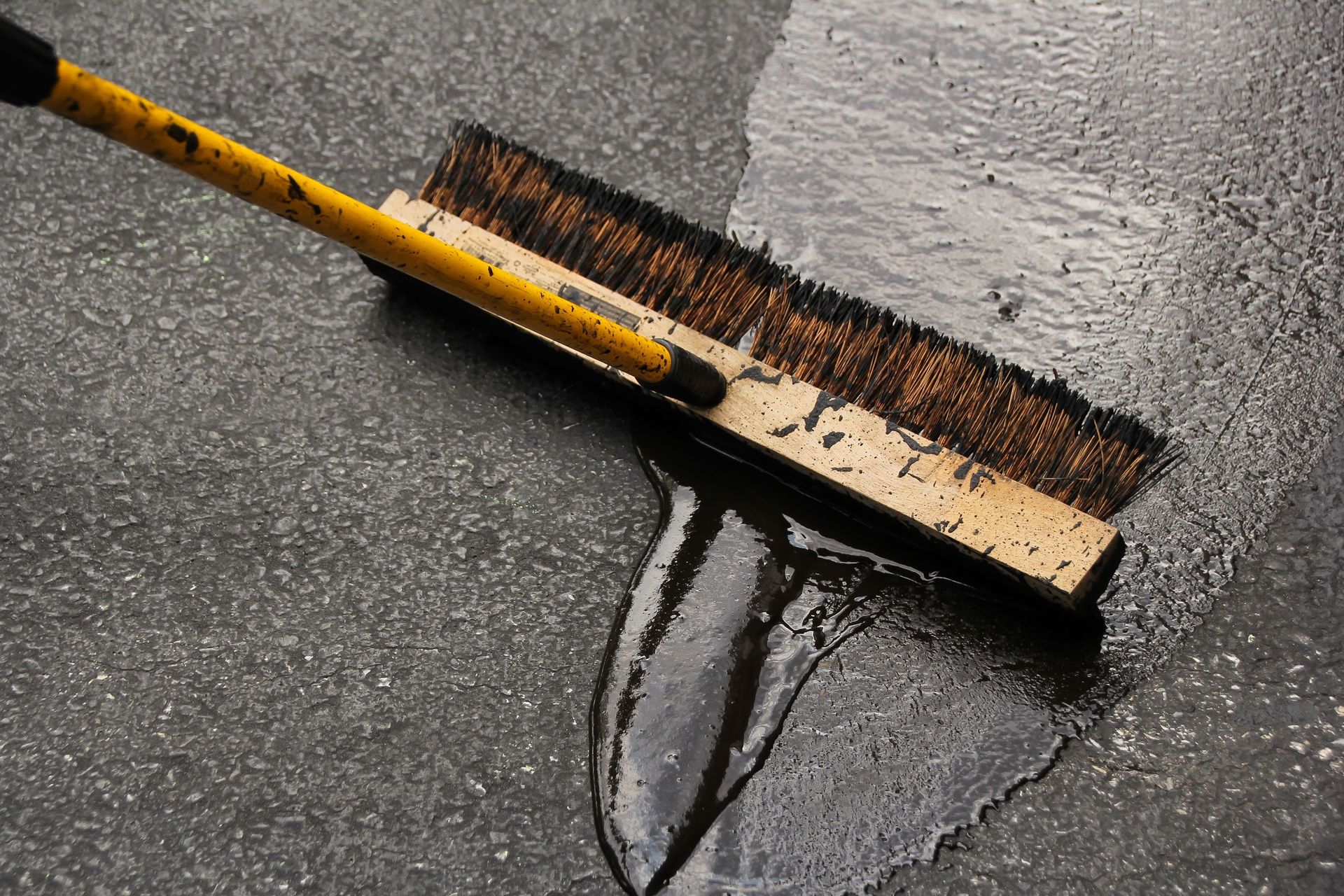


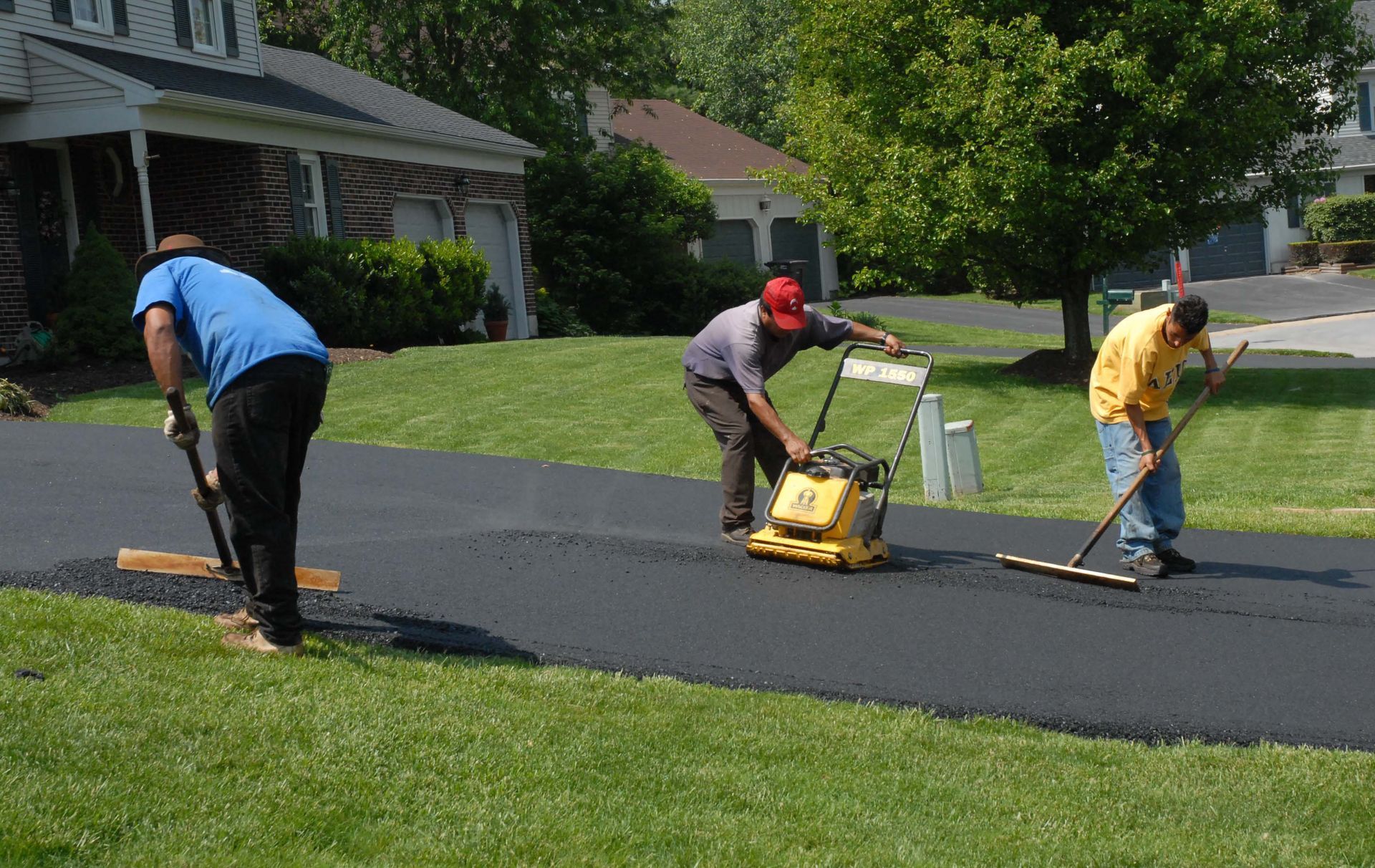
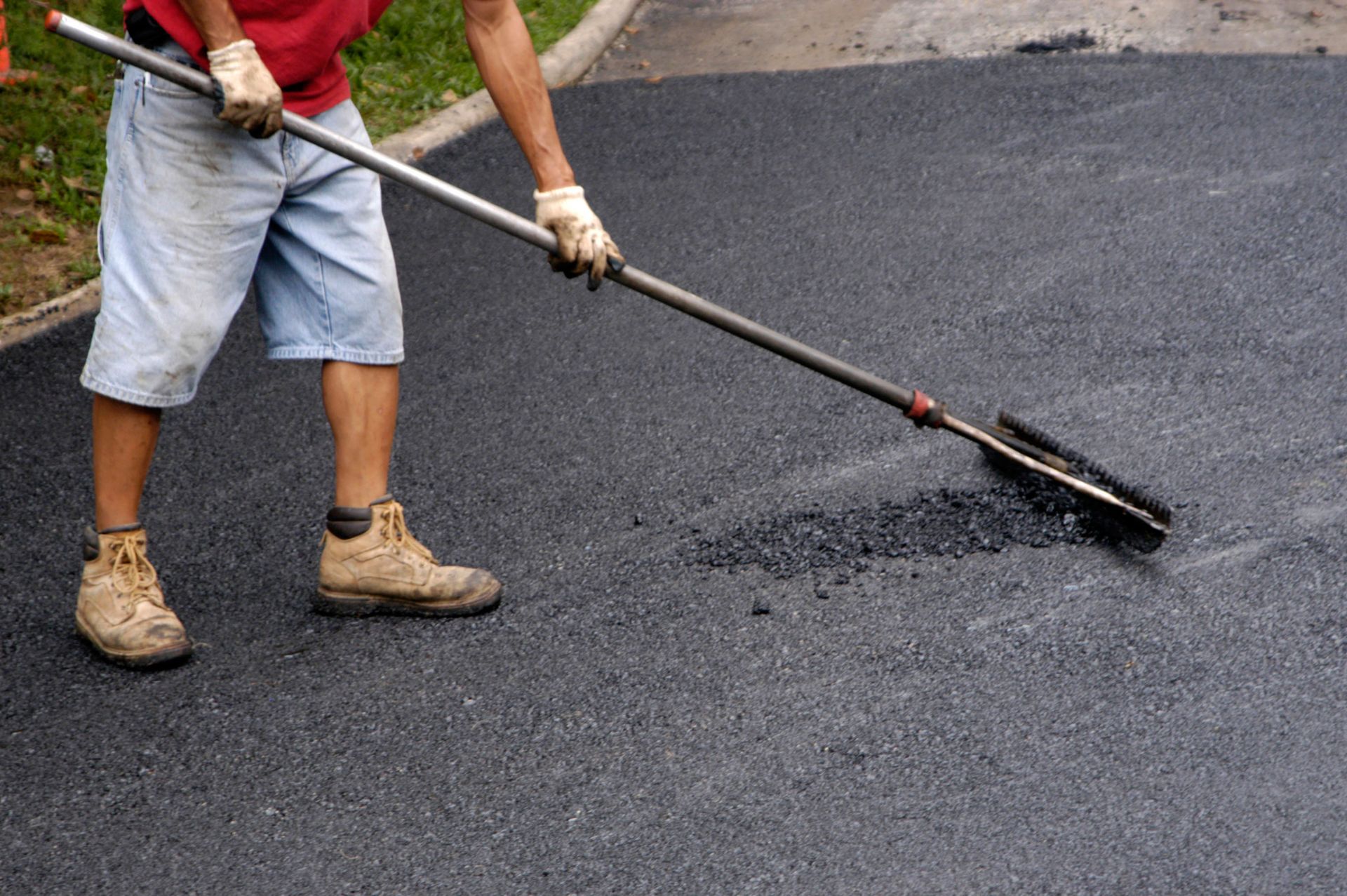



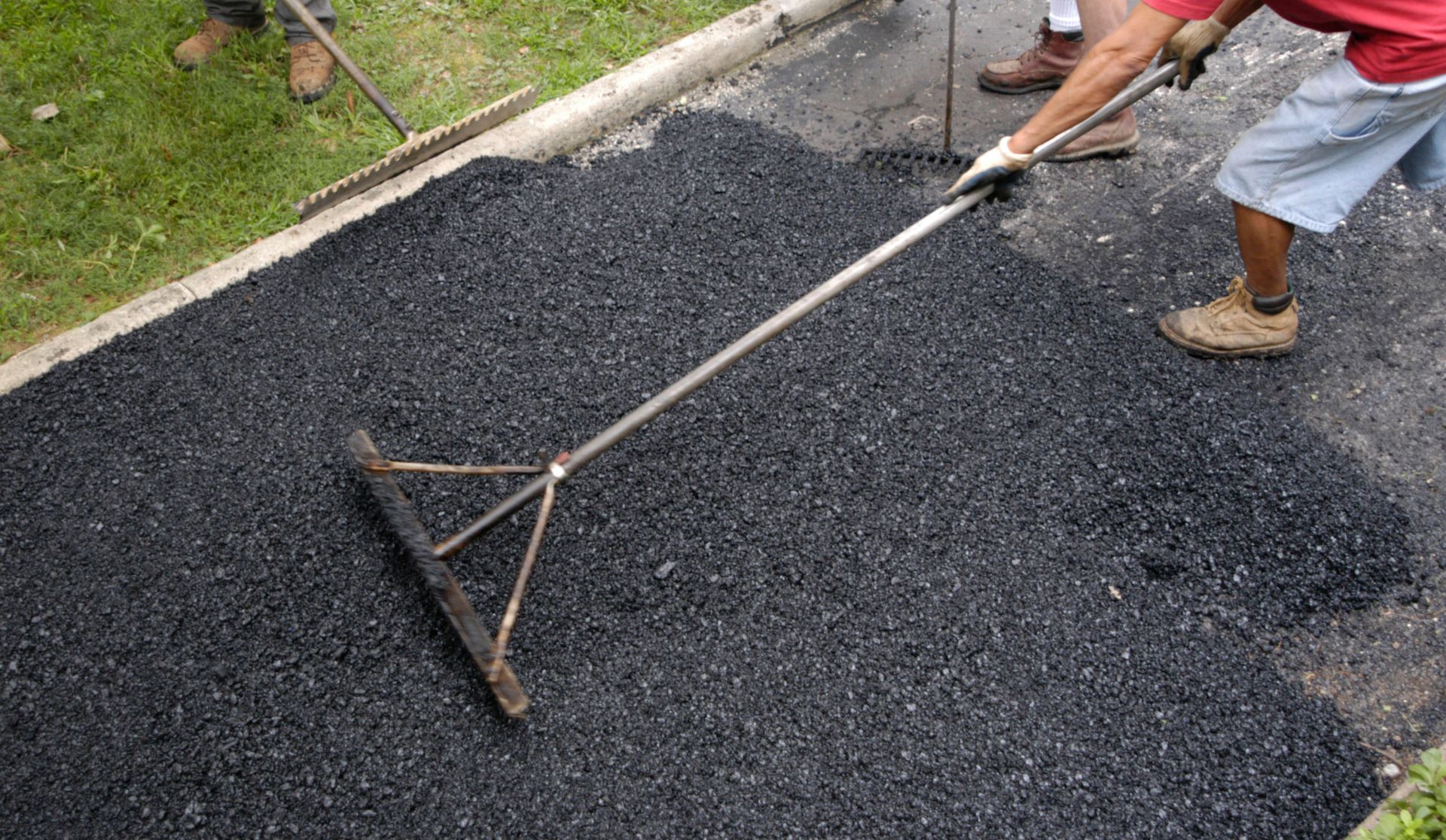
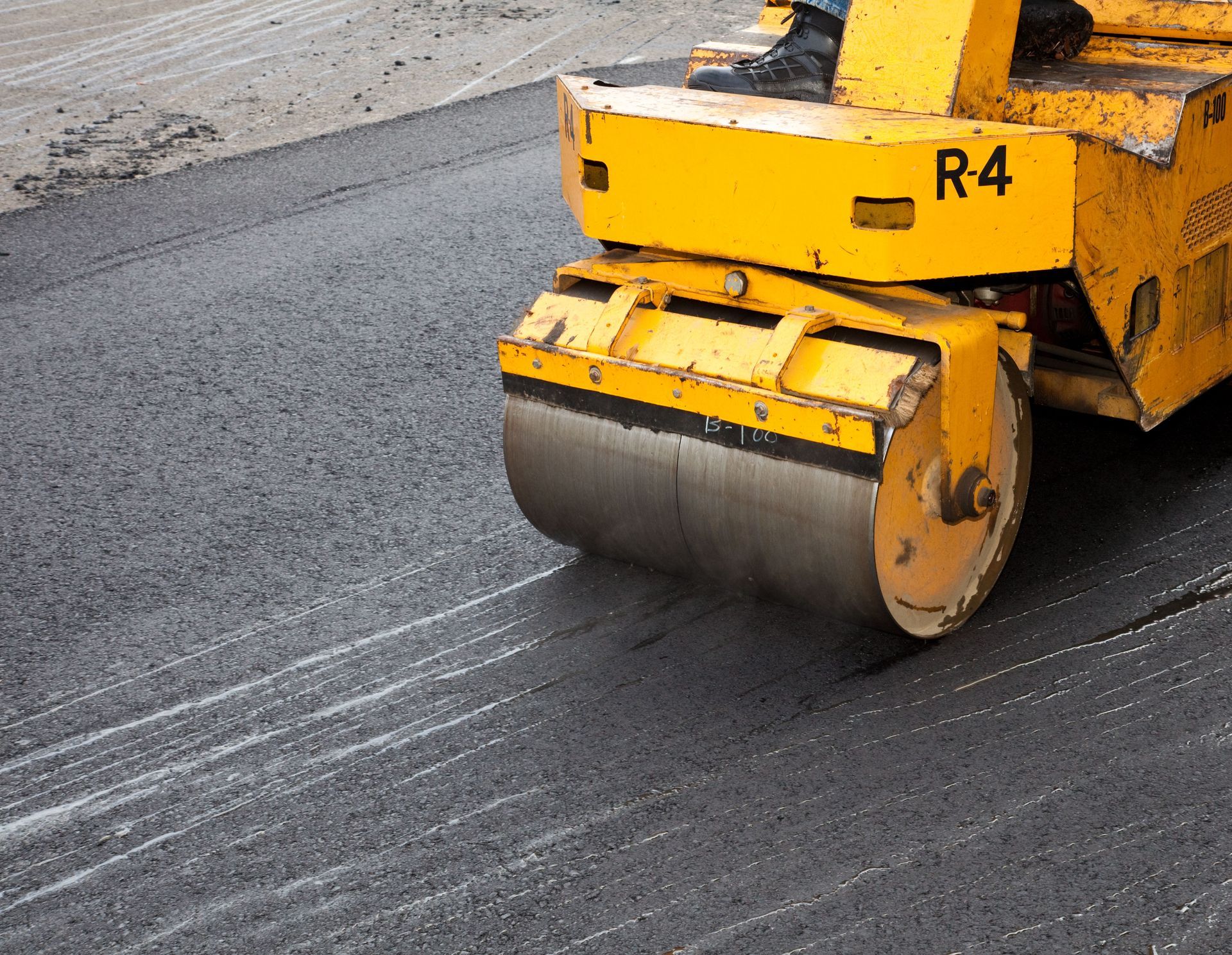
Share On: